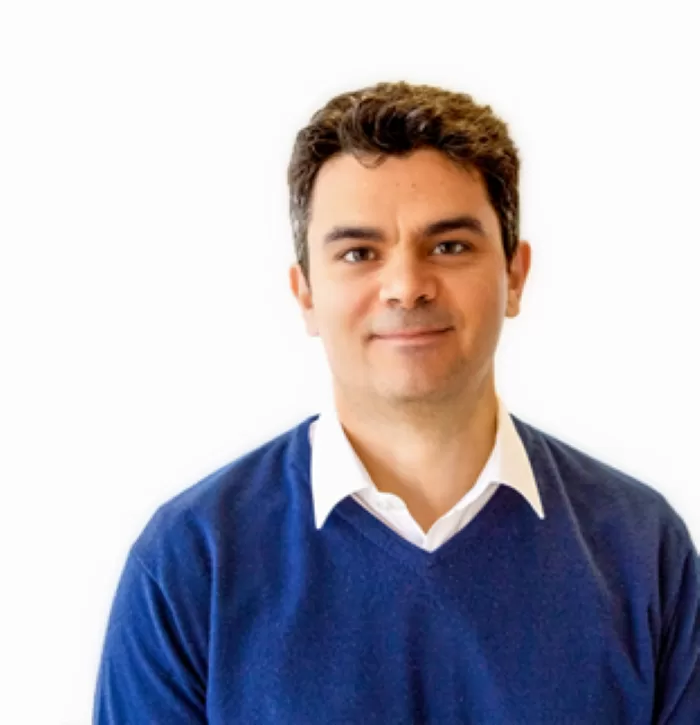Consumers have the right, and choice, to improve their finances
Debt counselling is a proven, effective way for consumers in financial difficulty to get help and, although more are choosing it as their preferred way to repay debt, many misconceptions remain.

According to the National Debt Counsellors’ Association (NDCA), there are currently over 250 000 South Africans who have chosen to use debt counselling to improve their finances in the long term, with monthly new applications around 12 000 to 15 000. These monthly applications emanate from many more inquiries each month, the majority of which end up with debt counsellors providing free advice to consumers which assists them to manage their finances without debt counselling.
The 250 000 consumers who are in debt counselling repay some R15 billion to creditors annually. The industry is facilitated by a world-first and only-one-of-its-kind payment distribution system that allows for efficient collection and distribution of the repayments, 90% of which goes directly to pay down consumer debt. In other countries, the debt repayment mechanisms are not as efficient and only 60-70% of collected amounts end up towards paying down consumer debt.
Debt counselling is responsible for around 10,000 direct jobs in an important ecosystem that includes lenders, debt counsellors, credit bureaus, PDAs, technology providers, legal practitioners, regulating bodies, and others.
Since 2008, over two million South Africans have chosen debt counselling, as enshrined in the National Credit Act, as the method to repay back their debt.
“Despite this, education about debt counselling from financial services institutions has been non-existent since inception,” says NDCA chairman, Benay Sager.
He says this is unfortunate as some of what’s being said about debt counselling needs to be clarified:
Debt counselling is for “debt re-organisation in cases of over-indebtedness” as articulated in the National Credit Act. This means anyone facing or about to face difficulty in paying back credit could apply for debt counselling.
Almost all consumers in South Africa are multi-banked, so behaviour with one institution cannot be extrapolated: they may be up-to-date with accounts with one institution, but that does not mean they are up-to date with accounts with other institutions.
Debt counselling is voluntary, and the record is expunged once the process is completed.
The costs are built into the programme. Over ninety per cent of what gets paid back goes to lenders and credit providers.
The NDCA recommends that consumers considering debt counselling:
Check if the debt counsellor is registered on the National Credit Regulator database: www.ncr.org.za/register_of_registrants/index.html
Ask if they are a member of a credible professional body or association.
Confirm with the debt counsellor that they are using one of the four registered payment distribution agencies: these are Hyphen Technology, DC Partner, Intuitive, and CollectNet.
Ask them to explain the process, how long it will take and what client-service support they provide.
Sign up only after a full, free assessment is done.
A detailed checklist can be found here: https://www.ndca.org.za/articles/check-out-the-checklist-before-choosing-a-debt-counsellor/
Sager says the debt counselling sector in South Africa is world-class, with the number of people receiving their clearance certificates since 2016 increasing tenfold.
“Consumers have the right to choose a method to repay debt. It is a choice enshrined in the Constitution and the National Credit Act. Debt counselling is an effective way to do this because it costs less than alternative methods. In fact, debt counselling is the most pro-consumer option to repay debt for responsible consumers who are unable to do so currently because of their financial circumstances.”





























